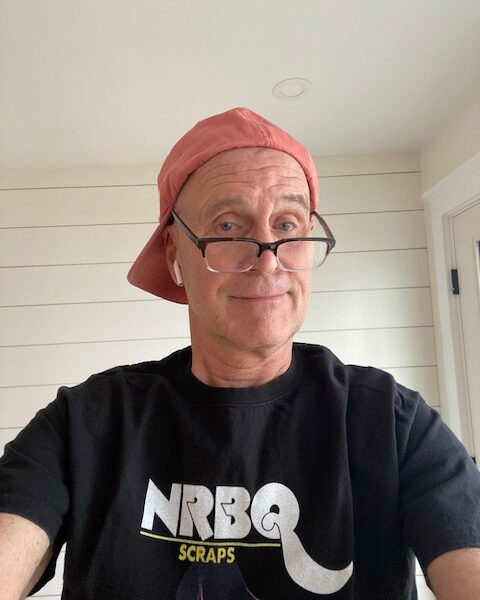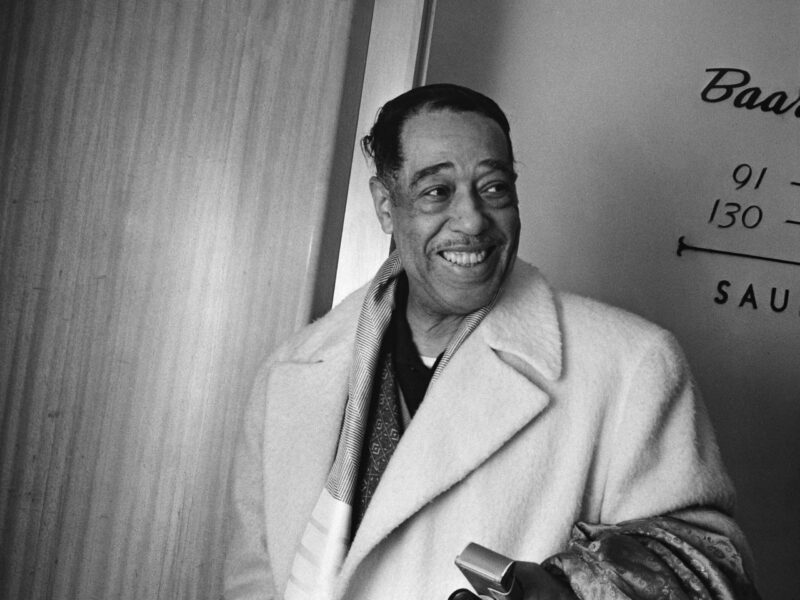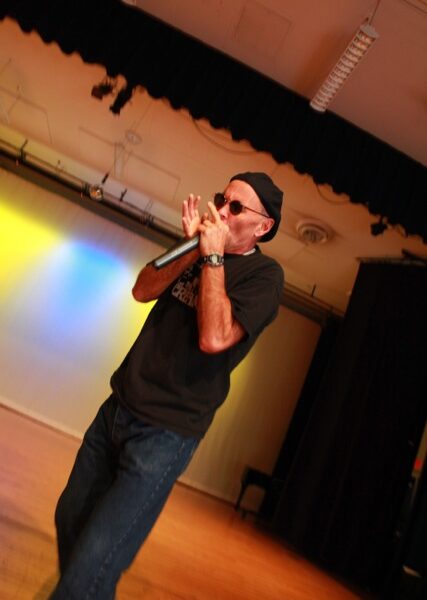In celebration of 30 years of sobriety (See 5/15/15 post.), I had been thinking that maybe I ought to write something about my drinking life and the (mis)steps I took to try to move past it. Then along comes Sarah Hepola and her awesome book Blackout – Remembering the Things I Drank to Forget (Grand Central Publishing, 2015). If you look past the fact that my writing would be a Schwinn compared to her Harley, our stories have a scary amount – at least to me – in common. So, I thought I’d serve up some of her excerpts (in italics), each one followed by some of my own editorial comments in brackets [ ].
The Signs
Once, I’d gotten so blasted at a party I woke up in a dog bed, in someone else’s house. (p8)
[Not exactly, but that can capture the gist of it until I can come up with something better.]
Friends would inch-worm up to me on Sundays… “Hey. So. We need to talk…” They tried to sound casual, like we were going to chat about boys and nail polish, but the next eight words were like needles sunk into my skin. “Do you remember what you did last night?” (p12)
[Take out the nail polish reference and that’s word-for-word how I remember it.]
Black Outs
I was particularly at risk, even though I didn’t realize it. Blackout drinkers tend to be the ones who hold their liquor… I was so proud of the way I could knock ’em back. I drank fast, and I drank a lot. I was a beer-bingeing Annie Oakley slinging her empties into the trash and popping off the next bottle cap with a sly smile. (p17)
[I was the guy who went drink-for-drink with everyone at the party, then drove everybody home at the end of the night fueled by the hope that there would be beer in the fridge when I got there. (i.e., beer, that is, beyond the quart of Miller High Life riding with me in my lap)]
As Aaron White (Duke alcohol researcher and addiction expert) says, “When men are in a blackout, they do things to the world. When women are in a blackout, things are done to them. (p18)
[Can attest to the former.]
I heard a saying once about drunks. Men wake up in jail cells, and women wake up in strangers’ beds. It’s not like that for everybody. But it was like that for me. (p18)
[Never woke up in a jail cell. Can’t say for sure why not. (See title of book)]
Parenting
Parents often try to correct the mistakes of their own past, but they end up introducing new errors. (p25)
[“We’re all trying to fix our family of origin.” – The Biggest Job We’ll Ever Have by Laura and Malcolm Gauld (Scribner, 2002) p.43]
Kids lie to their parents for the same reason their parents lie to them. We’re all trying to protect each other. (p48)
[“No matter how we may construct our version of the truth, our children will absorb the dishonesties in the family even if they do not have the specifics.” – The Biggest Job, p. 71]
Denial:
The troubled drinker’s sleight of hand—dividing your confessions among close friends but never leaving any one person doused with too much truth. (p81)
[Yup.]
People who refuse to quit drinking often point to the status markers they still have. They make lists of things they have not screwed up yet: I still had my apartment. I still had my job. I had not lost my boyfriend, or my children (because I didn’t have any to lose). (p111)
[“I still have my apartment… I still have my job… I still have my wife (for now)… I still have my children (because I don’t yet have any to lose.”]
It wasn’t fair that my friends could stay at Captain Morgan’s pirate ship party while I was drop-kicked into a basement with homeless people chanting the Serenity Prayer. (p121)
[What she said. Although I tended to hang more with Messrs. Beam, Daniels, and Walker.]
AA
I would arrive five minutes late and leave five minutes early, so I could avoid the part where everyone held hands. (p118)
[I would arrive ten minutes late, so I could avoid the part where everyone said The Lord’s Prayer… while holding hands.]
I knew AA worked miracles. What nobody ever tells you is that miracles can be very, very uncomfortable. (p121)
[Exactly how long is this miracle gonna take?]
One of the many downsides of my snarky attitude toward “recovery people” was the mortifying discovery I was one of them. (p133)
[Man to me in jest (I think…) at a Bath, Maine AA meeting: “Malcolm, You sure you ain’t been educated beyond your intelligence?” The question has haunted me ever since.]
What I remember best about that first meeting is a jittery reluctance to brand myself with the trademark words. I’d seen the movies, and I knew this was the great, no-backsies moment: I’m Sarah, and I’m an alcoholic. For weeks, I’d been kicking the sheets, trying to get square on that issue. What did it mean to be an alcoholic? If I said I was one, and I turned out to be wrong—could I change my answer? (p118)
[“Ah, lemme get back to you on that.”]
Recovery
For so many years, I was stuck in a spin cycle of worry and questioning. Am I an alcoholic? Is alcoholism a “disease”? What if this, or that, or the other thing? Overthinkers are the most exhausting alcoholics. I have left a trail of soggy Kleenex that could stretch to the sun, but the equation is simple. When I cut out alcohol, my life got better. (p184)
[In the end, if you must categorize me — and it sure seems that people must — consider me a guy whose life tends to work a lot better when he avoids putting alcohol into his system.]
Addiction is a function of two factors: genetics and culture. On both counts, the cards were stacked against me. Still, I know, I was the one who played the hand. (p190)
[“The man takes a drink; the drink takes a drink; the drink takes the man.” – Proverb attributed to at least three sources: China, Japan, and F. Scott Fitzgerald. Go ahead and try to figure out why if you must. Just don’t take that first one.]
So, thank-you Sarah, for bringing such clarity to my life.
Onward, Malcolm Gauld


